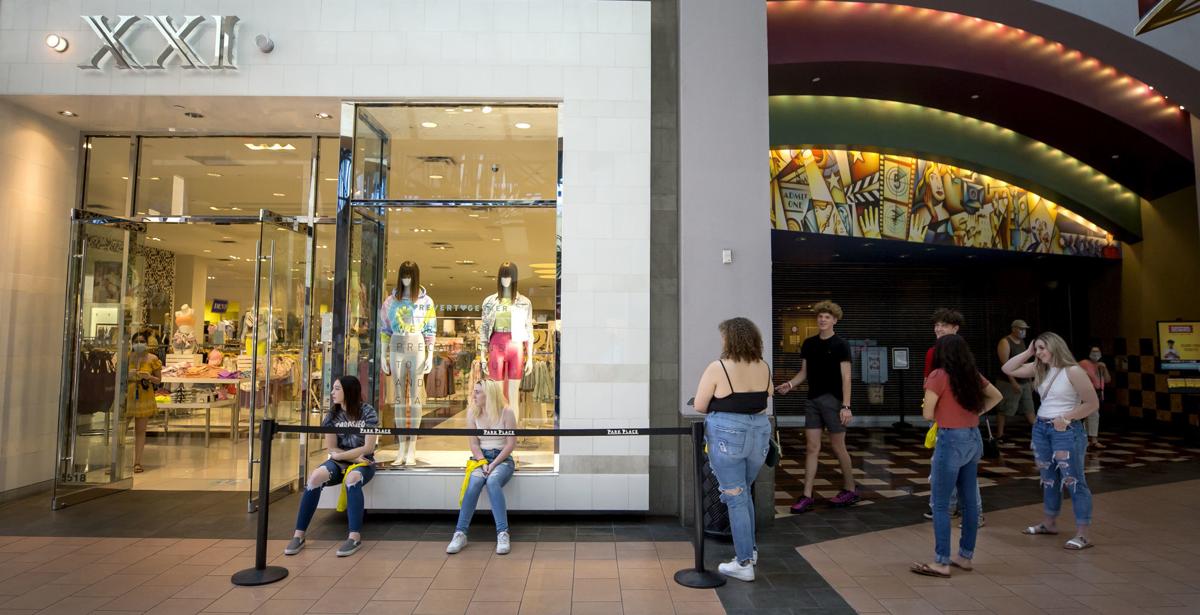It looks like efforts by the Federal Reserve Board to cool the economy are working, at least in Arizona.
New figures Thursday from the state Office of Economic Opportunity show that 38,865 Arizonans filed for unemployment insurance last week, the most recent figures available. That is up 30.5% from the same week a year earlier.
At the same time the “hires rate’’ — the number of people being brought on board by employers — is at its lowest level since early 2021.
The number of job openings is also down.
Overall, the private sector lost 11,400 jobs between June and July. That compares with the pre-pandemic average of a loss of about 7,000 for this time of year.
All this comes as the Fed has steadily increased the cost of borrowing as it works to move the national rate of inflation from 9.1% a year ago to its target rate of 2% — and to do it with a “soft landing’’ for the economy.
The situation has been more extreme in Arizona where inflation in the Phoenix metro area — the only area of the state where it’s measured — peaked at 10.0% and is now down to 4.4%.
“We are starting to see slower year-over-year growth nationally as well as here at the state level,’’ said Doug Walls, the Arizona office’s labor market information director.
Some industries are more affected by the higher interest rates.
“We saw the slowdown in construction,’’ he said, though that sector of the Arizona economy still picked up 1,700 jobs in July.
More pronounced has been a slowdown in financial activities, a sector that includes those involved in issuing mortgages.
“A large part of the increases could be attributed to the federal funds effective rate,’’ said Walls, referring to the rate that affects the interest on all types of loans, ranging from mortgages to credit cards.
The figures about the rates of hires and openings also may support the idea that employers, concerned about where the economy is headed, are being more cautious about bringing workers on board.
“That could be one possible answer to the numbers that we’re seeing, certainly with the ‘hires rate,’ that certainly has come down to a rate that looks more in line with pre-pandemic rates,’’ Walls said. But he said the numbers are about where they were in 2019.
One other indication about what employers are thinking, said Walls, is there has been a decrease in the number of people working for temporary help agencies. That is a sector of the economy that tends to boom when times are good and companies are looking for a quick source of new help, he said.
“Those could be indications that employers don’t want to get out in front of their skis,’’ Walls said. “They’re being more strategic in their hiring. And we’re watching that play out in the numbers.’’
Overall, the state’s seasonally adjusted unemployment rate rose a tenth of a point in July, to 3.6%.
And while the state shed about 11,400 private sector jobs, overall private sector employment is still 45,400 more than a year earlier.
One of the weakest sectors of the economy is retail trade, which lost 3,000 jobs in July, nearly a full percentage point. Walls said this appears to be part of a post-pandemic trend.
When people couldn’t go out, he said, they bought more products. That was reflected nationally as more than 42% of what people were spending in early 2021 was on goods.
Now, he said, people are more interested in services they can buy. The percentage spent on goods has dropped to 39%.
Among the employers losing workers in July were warehouse clubs, supercenters and other general merchandise retailers.
Elsewhere, employment at bars and restaurants dropped by about 3,200, which is not unusual for most of the state this time of year.
There also was a small drop in manufacturing employment.
Get your morning recap of today's local news and read the full stories here: http://tucne.ws/morning





